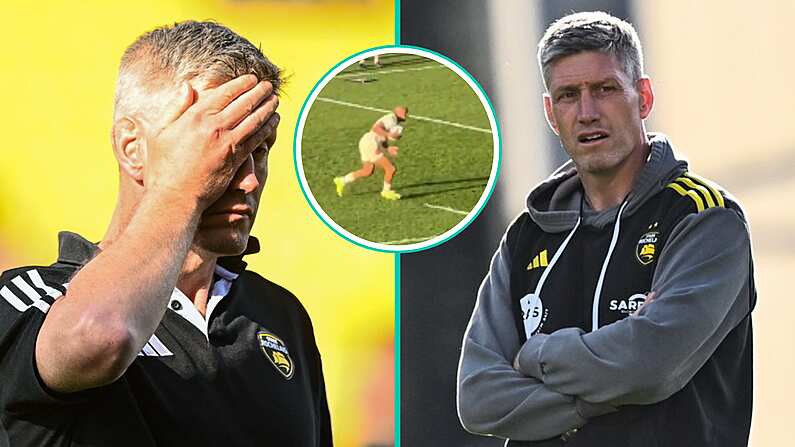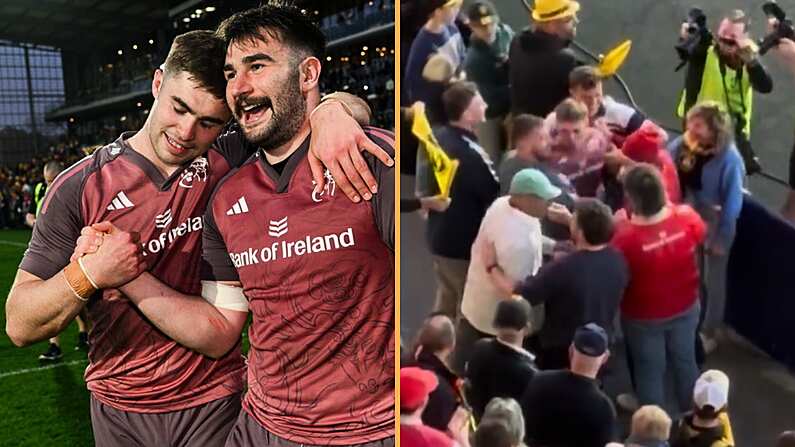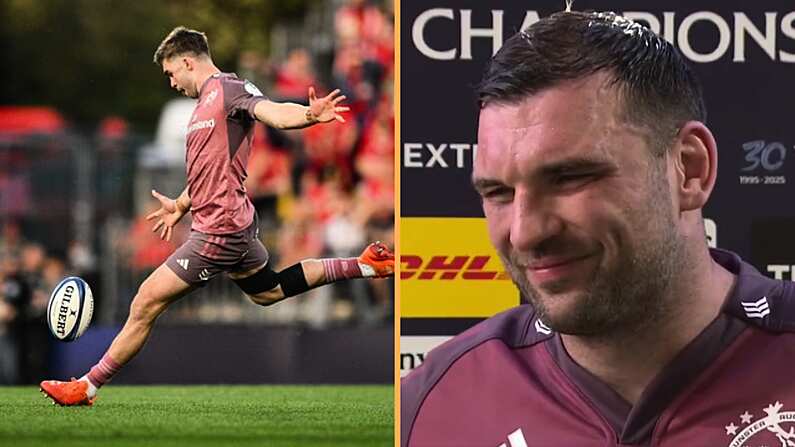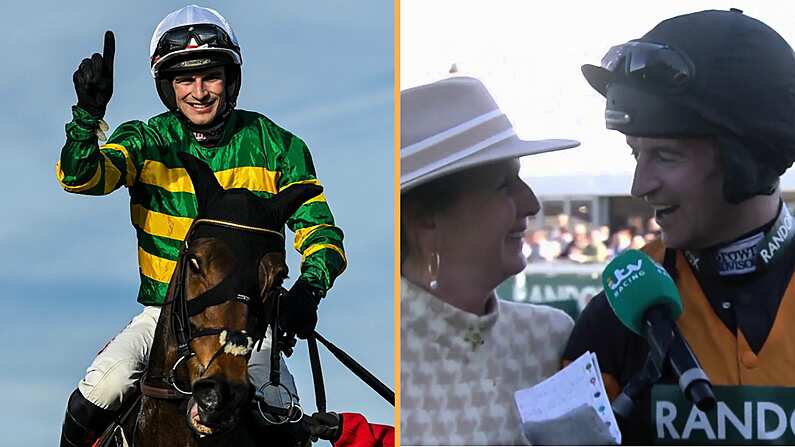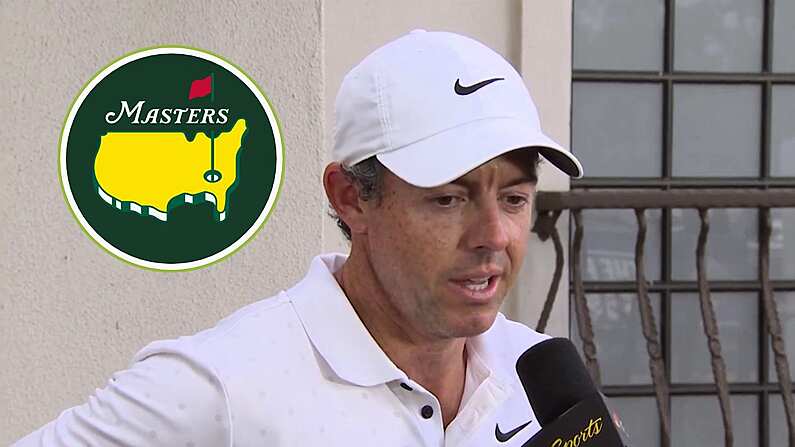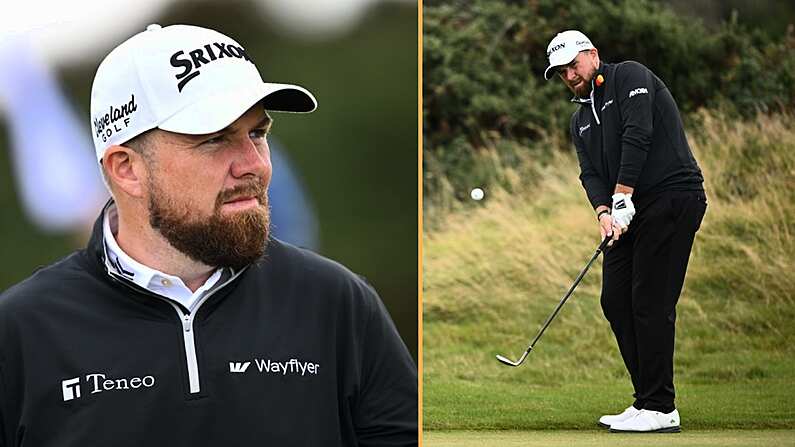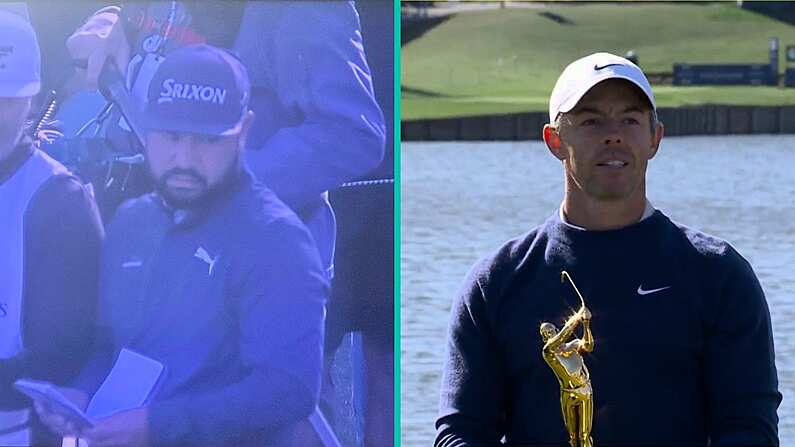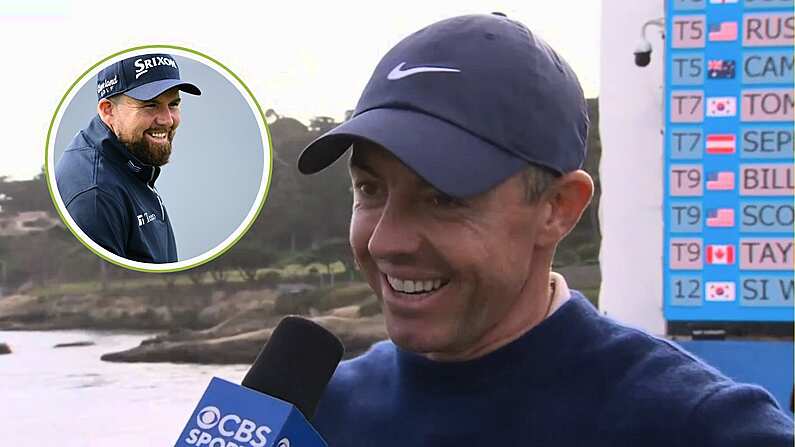In a month's time, Paul McGinley will become the first Irishman to lead Europe into the Ryder Cup competition.
One of the most striking things about Sky Sports' coverage of the event is that, at all times, they appear to be desperate to convince us that the role of Ryder Cup captain is dead important.
Indeed, the whole golfing community seems to have conspired in this conceit that 'the captain' is vital to the success or failure of the team.
In a sport dominated by lone wolves, ploughing their own furrow, rarely showing much in the way of primal emotion, quietly picking up their cheque at the end of the week, the Ryder Cup is a delightful novelty.
Golf fans are intoxicated by the idea of professional golf becoming a team sport for a weekend. Therefore, they con themselves into thinking the Ryder Cup captain is some sort of Bill Shankly/ Alex Ferguson figure.
As far as the position of Ryder Cup captain goes, golf fans either have too much etiquette, or enjoy the whole charade too much, to point out that the emperor is walking around butt naked.
The Captain's Weekend
So, what does the Ryder Cup captain do?
Evidenced by the television coverage, the role of the Ryder Cup captain seems to involve whizzing around on a golf buggy for three days, frowning, speaking urgently into a walkie talkie, patting a player on the back in the event of a birdie or a par, frowning some more, perhaps nattering a bit with George Bush Senior during intervals, and frowning.
They don't coach the players. The players have coaches to do that.
They don't have any hand in shot selection or course management. The players have caddies who advise them on that.
What does that leave?
Well, they make a speech beforehand where they have to avoid being racist.
They have to make a speech afterwards where they have to avoid being too triumphalist if they've won, or too ungracious or miserable if they've lost.
They get a few captains picks before the thing begins, but in most cases, these picks tend to track exactly what the media had been arguing for (with a couple of exceptions, Faldo picking Paul Casey in 2008 and Montgomerie picking Harrington in 2010).
They select the foursomes or the fourballs pairings on Friday and Saturday. But again, the selection of the pairings shouldn't require too much brainstorming.
Lads who play well together or get on well will usually end up playing with one another.
They decide how often players will play in the first four sessions. But again this shouldn't require too much headwork. The best players or the ones who are playing well will play a lot on the first two days. The weaker players or the ones who are playing badly wont play as much on the first two days.
On the final day, the captain, no doubt after prolonged consultation with his absurdly engorged team of vice-captains and advisers, will lay out in what order his players tee off on the Sunday. Neither team will know what the other is doing so neither captain will be able to match up a player with a specific opponent in mind. No stroke of genius there, so.
Typically, best practise suggested that the Ryder Cup captain would send out his best players later in the running order. The logic being that when the pressure came on in a close match, both teams would have their best men on the case.
In 2002, Sam Torrance decided to buck the trend by 'front-loading' the playing order with his best players. The idea was that Europe, who traditionally did badly at the singles, would gain momentum and confidence. Beginning with Colin Montgomerie, European players began battering their much more celebrated American opponents all over the course.
After Europe won, Torrance was hailed as a genius.
Putting out your best players first was the Ryder Cup equivalent of Rinus Michels inventing total football or Helenio Herrera inventing Catennacio. It was truly revolutionary stuff.
The problem is when Hal Sutton tried the exact same thing two years later, the US got spanked and poor Sutton was labelled a clown.
Most Important Role
Arguably the most significant role the Ryder Cup captain performs is picking the pin positions. This honour is bestowed only on the home team captain. He will look for whatever minimal advantage he can finagle out of this, taking into account the strengths and weaknesses of his playing corps.
This is about as scientific as it gets. The rest is all 'team spirit' and bullshit and not trying to look too clever.
Oh, but there is one final responsibility.
According to the press office of the European tour, the Ryder Cup captain is 'responsible for the clothing that the players wear both on and off the fairways. Both captains confer so that the playing uniforms do not clash.'
So, there you are. The Ryder Cup captain is also a part-time fashion buyer.
But good luck to Paul McGinley.
If the outfits look fabulous and none of the players box each other over the course of the week, he can be considered to have done a good job.
Pretty much everything else is outside of his control.





